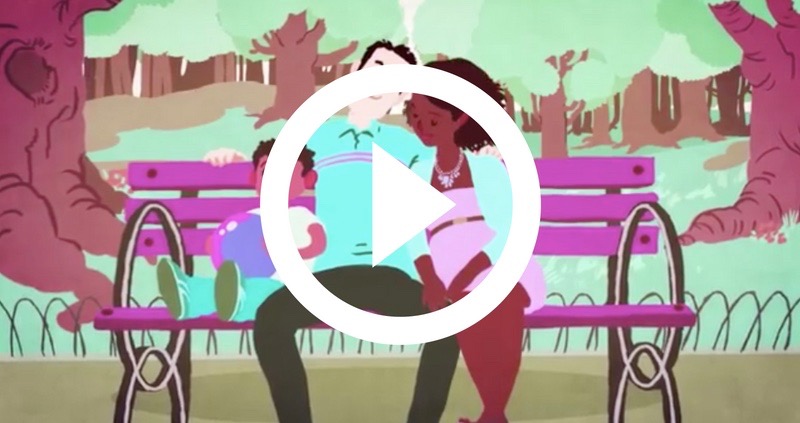
Reading—The Perfect Brain Food
By Myrna Lapres
According to the most recent market research to sharpen your brain, we should be taking fish oil supplements, use turmeric, do exercise and puzzle books and invest in a language course. But SURPRISE—the easiest, cheapest and most time-tested method is…READING!
It’s summer and any teacher will tell you that summer reading is critical for students to retain knowledge and skills learned in the previous school year. Students who don’t read are at risk of falling behind their classmates. Parents and teachers can avoid this by making sure kids take time to read. Suggestions on how to help this to happen in your home to follow.
The very nature of reading encourages the brain to work harder and better. “Typically, when you read, you have more time to think,” says Maryanne Wolf, EDD, director of the UCLA Center for Dyslexia, Diverse Learners, and Social Justice. “Reading gives you a unique pause button for comprehension and insight. By and large, with oral language— when you watch a film or listen to a tape—you don’t press pause.”
What if you are (or someone you know is) a poor, or even a dyslexic, reader who feels as if you’ll never be able to read enough to reap these benefits? A book can fix that problem too! Scientists at Carnegie Mellon University studied children ages eight to ten who were below-average readers. One hundred hours of remedial reading classes significantly improved the quality of their brains’ white matter—the tissue that carries signals between areas of gray matter, where information is processed. The researchers’ conclusion: The brains of these children had begun to rewire themselves in ways that could benefit the entire brain, not only the reading-centric temporal cortex. (Reader’s Digest, March 2019)
So, what can you do as a parent to encourage reading in your home?
- Get your children/youth their own library card and make weekly trips to the library. Build in the habit of connecting with books. Combine the weekly trip with doing something else special like playing at a nearby park or getting a treat together afterward.
- Signup for summer reading programs at your local library.
- Model reading the newspaper, a good novel, travel books for places that you want to visit, etc. Have a basket for books in your living room or put them on a coffee table.
- Have a “Drop Everything and Read” time in your home. It could be a special occasion once a week or every evening after dinner. Gather together in the living room and everyone reads their own books for 30 minutes. For those who don’t yet read, parents or older siblings can read to them or they can listen to a book on cd with headphones.
- For children and youth who struggle with reading, listening to audiobooks while following along in the book helps to support their developing skills. One of my sons loved “Boomerang,” the monthly audio magazine for kids ages 6-12.
- Reading, being read to and listening to audiobooks broadens our imagination by stimulating the right side of our brain. Neuroscientists at Emory University discovered that becoming engrossed in a novel enhances connectivity in the brain and improves brain function. It is important to recognize that watching these same stories on a device (tablet, phone, computer, etc.) does not allow the imagination and the brain to be activated in the same manner.
- My children used to love to listen to an audio story as they drifted off to sleep. There are many stories available now that are downloadable. One of our favorite storytellers was Jim Weiss.
- If you are taking a family vacation that involves driving together in a car/van, I highly recommend downloading stories or checking out the audiobooks on cd at your library. Listening to books/stories together keeps everyone engaged and helps the miles roll by more quickly.
- For both young and older children, I love the books: Children Just Like Me (UNICEF) and Material World: A Global Family Portrait. The photography is beautiful, it creates opportunities to be exposed to people from varied cultures and provides opportunities for numerous discussions.
“Reading fiction not only develops our imagination and creativity, it gives us the skills to be alone. It gives us the ability to feel empathy for people we’ve never met, living lives we couldn’t possibly experience for ourselves, because the book puts us inside the character’s skin.” – Ann Patchett






